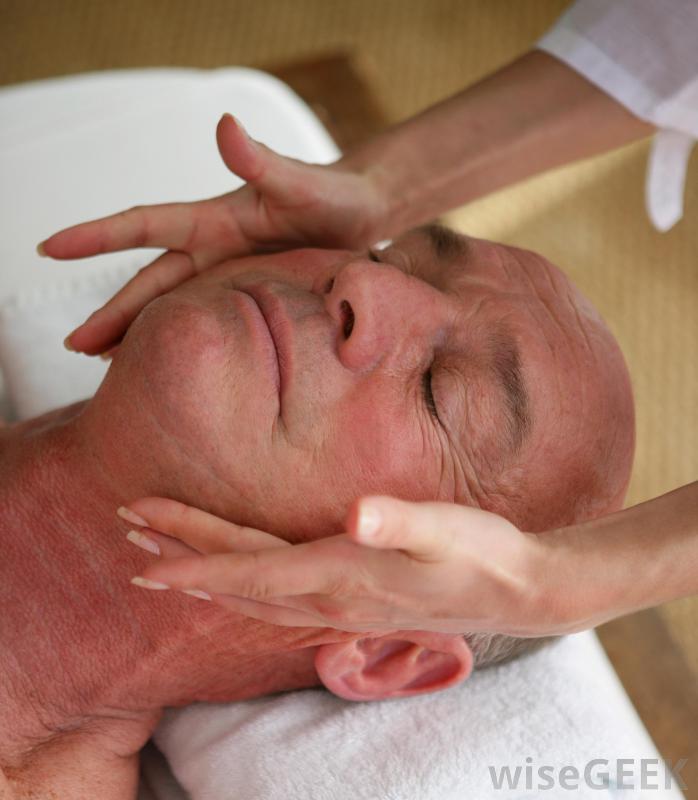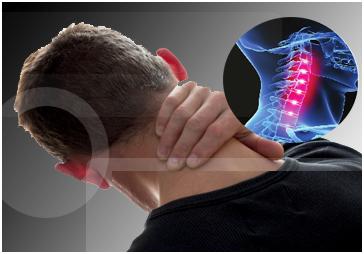
Aging and Massage Therapy
Aging is a normal biological process that we are all participating in, only we each will experience it differently. At Cherry Creek Myotherapy we see clients of all ages and understand the specific needs of providing massage to aging clients. How we age and how active our lifestyles will remain as we age depend on genetics, lifestyle, nutrition and other factors such as the injuries and illness we have experienced throughout our lives. Common symptoms of aging include insomnia, arthritis, poor appetite, mood swings and pain. Many seniors also experience poor balance and falls may become a common concern.
Research has found that many of the common concerns and complaints associated with aging can be alleviated through the use of therapeutic massage. At Cherry Creek Myotherapy our therapist has studied gerontology and understands how to work with clients who need special considerations for conditions of aging from arthritis to dementia to osteoporosis.
For seniors suffering with arthritis, massage can help to decrease the pain associated with stiff and inflamed joints. While primary joints in acute stages of inflammation may be sensitive to touch, secondary joints will benefit from massage and surrounding soft tissues will also benefit from specific massage strokes designed to move fluid away from the affected joints. Many people suffering with arthritis are surprised by the results of pain reduction massage can bring to their joints. Massage is an excellent adjunctive therapy to utilize in the management of arthritis.
When recovering from surgeries or from injuries sustained in a fall, massage can be effective at decreasing pain and increasing healing. Massage helps the circulatory system bring more nourishment and oxygen to the affected area. Massage stimulates the lymphatic system, which is an important part of removing metabolic waste and toxins from the body. Many massage techniques are designed to assist the tissues while healing and decrease the build up of scar tissue which could later decrease the range of motion for the client. Endorphins, which are the body’s natural painkillers, are released during massage and assist in relaxation and pain management. This translates into better rest and a faster recovery.
Massage triggers a response from our para-sympathetic nervous system, allowing our bodies to relax to a greater degree than we can sometimes achieve on our own. During this relaxed state our digestive system can function more effectively. This can assist many seniors in managing a variety of digestive ailments. The effects of massage on the para-sympathetic nervous system can also assist in decreasing insomnia.
The benefit of touch has been researched and is now generally accepted as an important part of maintaining health and wellness. For many seniors, the amount of personal touch they receive decreases. They may no longer have their spouse and many lose touch with friends. The ability to receive caring compassionate touch is very uplifting to our spirits and the endorphin effect of this touch can positively alter our moods and outlook on life.
Massage is also beneficial to enhance our self image. It’s just easier to be happy when you have less stress and pain in your life.
Massage may not always be appropriate for all people. It is always important to share your health concerns and history with your massage therapist to make sure you receive the best possible care and benefit from massage. Call and find out if massage is appropriate to help you, or a senior you care for today.

